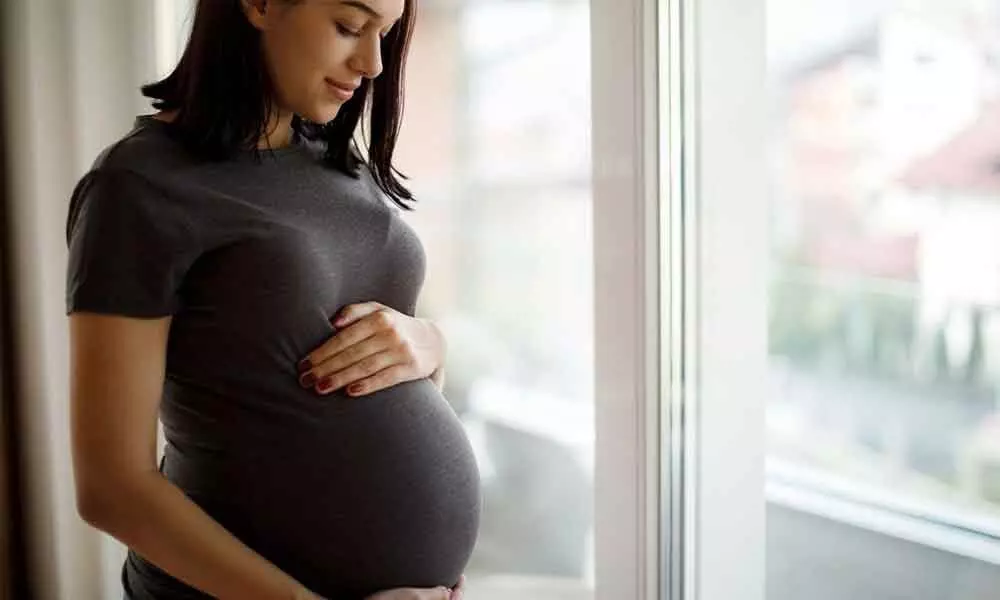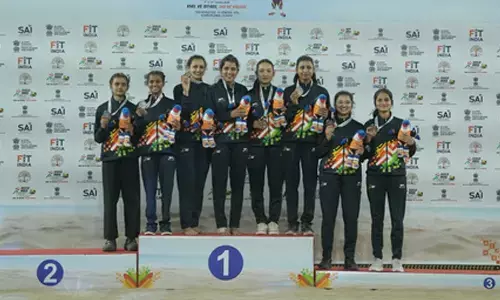Best weather for IVF in India

The number of natural human births vary by season. Scientists have noted the change in the variations for years. Apart from natural births, the number of births via IVF also increases during the summers
The number of natural human births vary by season. Scientists have noted the change in the variations for years. Apart from natural births, the number of births via IVF also increases during the summers
This is in sharp contrast to the belief that IVF procedures are less successful during the summers. Here are some facts that will help you avoid the myths surrounding IVF in the summer.
Increased Vitamin D stimulates fertility
Even in India, where most of the summer months are unforgivingly hot and sweaty, the rates of success of IVF remain high. Along with high temperature and humidity, summer also brings an abundance of sunshine. Sunlight helps in the production of vitamin D, which is great for any woman undergoing IVF treatment.
These are critical factors that can almost double the chances of one's pregnancy following IVF cycles.
Fewer drugs are necessary for IVF during summer months
Research conducted by the Liverpool Women's Hospital and Countess of Chester Hospital on 2709 women showed that those who underwent their IVF treatment during the summer months required fewer drugs to stimulate ovulation. These patients were two-times as likely to become pregnant at the end of one IVF cycle between April and September. Around 20 per cent of the women conceived during the summer months as compared to only 15 per cent of the patients between October and March.
More sunlight produces more melatonin to prime female fertility
In the summer months, when the days a longer, the body produces more melatonin which also regulates fertility in women. It directly act on the reproductive tissues and increase the fertility of women during the summer months.
Natural sunlight produces more oestrogen
High oestrogen levels promote ovulation. Increased levels of this hormone can make pregnancy easier for women undergoing IVF. Research by Dr Braga et al shows that IVF cycles during months of March to September show higher success rates. Spring and summer-time fertilization rates are almost 1.5-times that of winter IVF fertilization rates.
Longer daylight hours mean more quality time with your partner
In the northern hemisphere, days are distinctly longer in the summer than they are during the winter. Apart from higher levels of hormones that can aid fertility, you get to spend more quality time with your partner as you undergo fertility treatment and IVF.
So, what should you do?
According to Dr Kshtiz Murdia, CEO Indira IVF, you may be wasting precious time by waiting for winter or spring. Although summers can be sweaty and hot, your chances of conceiving through IVF during the summer months are supported by evolutionary pressures and physiological factors.
Moreover, you should always find a reliable doctor and a reputable clinic for your IVF treatments. Do not defer your IVF cycle to find the "perfect season" by waiting for another 6 months especially if you are racing against the biological clock.















